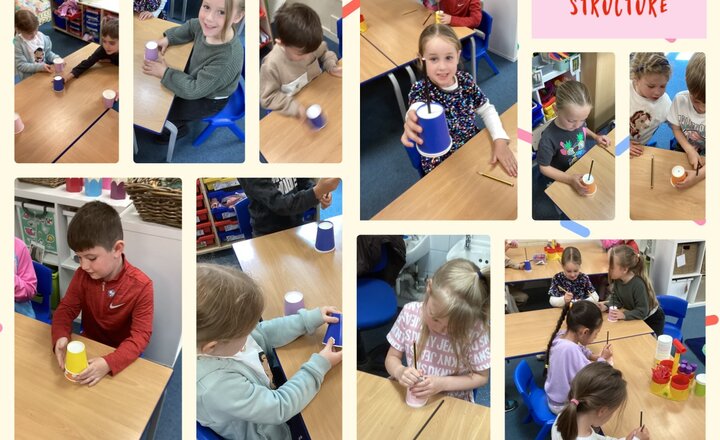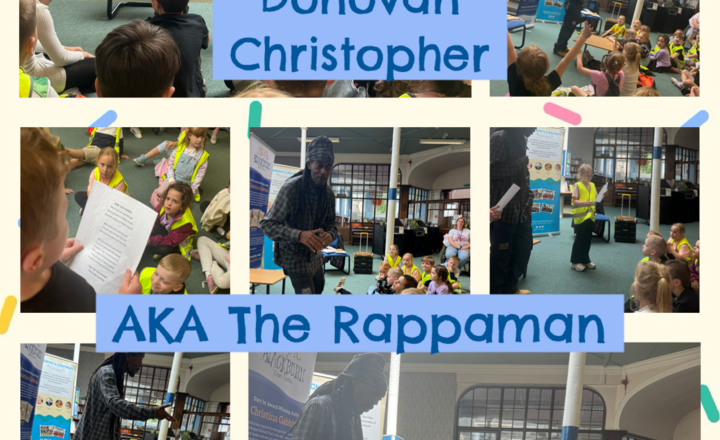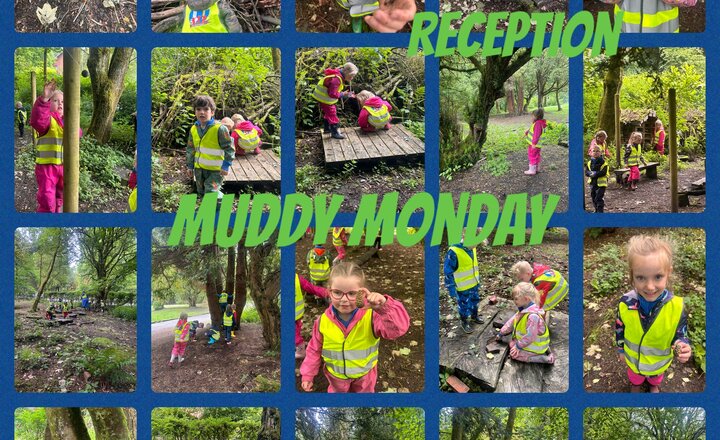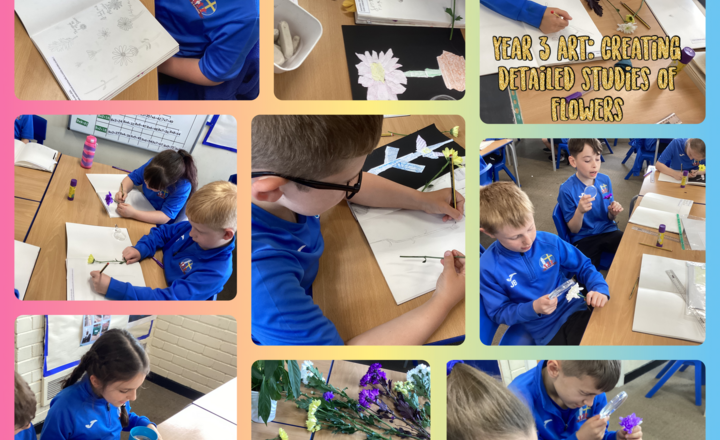Year 6 - Class Worship
In class worship, year 6 focused on the story of Peter betraying Jesus 3 times and discussed times that they have made mistakes or felt ashamed of themselves. Bishop Philip then spoke about the importance of forgiveness and facing our mistakes head on rather than avoiding them, as this allows us to make a lasting change to our behaviour. In addition, year 6 then focused on prayers and hymns used in Christian worship during their R.E. lesson and how some of the words reveal the nature and characteristics of God. The children provided some thoughtful insights and understood that no one can be compared to God in the Christian faith.
Year 1 Class Worship- Picture News
In today's class worship, Year 1 explored this week's Picture News, focusing on the question: "What do animals need to be happy and healthy?" The children identified essential needs such as food, water, shelter, sleep, care, love, and space. We then watched a video explaining a new government initiative aimed at enhancing zoo environments to better care for animals. The children learned about how this initiative will benefit various animals, including elephants, giraffes, stingrays, owls, and other birds of prey, by providing them with more space to move, exercise, explore, and play. Our worship concluded with heartfelt prayers from Mollie, Callie, Lydia, and Harry. They expressed gratitude to God for creating such wonderful creatures, including sea life, and prayed for hope that animals in zoos receive the care, love, and space they need to live happy and healthy lives.
Year 6 P.E
Year 6 have begun a new P.E unit, working on their tennis skills. They practised ball control and also serving and receiving the ball with a partner.
Year 1- Year of Prayer- Resilience
This week, as part of the Diocesan Year of Prayer, Year 1 reflected on the theme of resilience, praying for God’s strength to help us persevere—even when things feel challenging or we feel like giving up. To bring this theme to life, the children chose 12 classroom items. Miss Flynn then hid these items around the classroom, and the children were tasked with finding them. Some were tucked away in tricky spots, but with determination, teamwork, and a resilient mindset, they rose to the challenge! The activity was great fun, and the children thoroughly enjoyed this week’s focus in our Year of Prayer.
Year 1 Attend the Children’s Literature Festival at Darwen Library
Today, Year 1 had an exciting adventure at the Children’s Literature Festival 2025, held at Darwen Library—and what a fantastic time they had! They had the wonderful opportunity to meet the delightful author Saira Shah, who engaged the children with her inspiring story Super Nani and Captain Yaz. The book explores the heartwarming beginning of a unique friendship between two characters—Yasmin and her Nani—who speak different languages, English and Punjabi. Despite the language barrier, they found a magical way to communicate through gestures, key words, and a dash of imagination, all with the help of Yasmin’s favourite superheroes and a special rag doll. Following the story, we continued with the superhero theme. Our Year 1 children were given a thrilling mission. A meteor was hurtling toward Earth, threatening to erase all the wonderful books in the library. To save the day, the children had to transform into superheroes—choosing their own superhero names and special powers. Working together, they rose to the challenge and saved the library from disaster. A huge thank you to Darwen Library for inviting us to the Children’s Literature Festival 2025, and to the wonderful Saira Shah for inspiring our children and helping to spark a love of reading. We’re excited to share that Saira Shah will be launching her book at Waterstones Blackburn on Saturday, June 28 at 11am. All children are warmly invited to join a special Storytime session, followed by superhero fun! If today’s excitement is anything to go by, it promises to be a wonderful event.
Year 3- Celebrating Literature Festival at Darwen Library
Today, as part of the Children's Literature Festival, Year 3 went on an exciting adventure, walking to Darwen Library to meet the wonderful Blackburn-born author, Christina Gabbitas. She shared a fascinating glimpse into her background, highlighting the importance of living life to its fullest. Christina also spoke about her love for audiobooks, explaining how she enjoys listening to stories. The children then had the amazing opportunity to read one of her powerful poems about saving our oceans aloud. Christina also captivated us by reading a section of her book, 'Believe in Magic', using wonderful expression in her voice that brought the story to life. Christina generously gave every child a signed copy of her book, 'Believe in Magic'! It was a truly inspiring session!
Reception: Class Worship
We started our worship across the Diocese with a call and response with God loves us, all the time, Amen. We discussed if we have ever done something wrong to a friend and if we have ever had to say sorry. This does happen in class and this is what our story is about today. The story comes from the New Testament and is about the Salvation. The story is called Jesus forgives Peter. Bishop Philip explained the story further. Bishop Philip asked us to imagine that we have done something really bad to somebody. He asked us what we would do the next time we see that person. Bishop Philip hoped we would walk towards them and try to mend the relationship. Peter pretended he did not know Jesus three times. He was full of guilt and shame. Peter swam towards Jesus to say sorry and wanted Jesus to forgive him. Jesus forgave Peter and said I love you. The friendship was mended. We discussed how when we do things that are wrong, it is important to be like Peter and say sorry to mend the friendship. Forgiveness is one of our Christian values and it is really important to help to make the world a better place so that we can all live well together. We ended our worship by singing Build up.
Year 3- R.E-Exploring Sawm: Islam's 4th Pillar
Today in R.E., Year 3 explored the 4th Pillar in Islam: Sawm (Fasting). We discussed what it feels like to go without things we enjoy, imagining life on a remote island without modern amenities. This led to a deeper understanding of why Sawm is a Pillar of Islam, as an act of obedience to the Qur'an during Ramadan. The children also watched videos and took notes on key aspects of Ramadan. Following this, the children individually wrote in their books about how Sawm makes Muslims feel, giving examples such as feeling empathy for the less fortunate, a closer connection to Allah, and developing greater self-discipline and gratitude.
Year 1 Design and Technology- Exploring Structures
This afternoon in Year 1, we explored the different parts of a windmill, including the structure, rotor, and rotor blades (or sails). We then discussed what makes a successful structure, agreeing that it should be able to stand on its own—like buildings, tables, chairs, bridges, and windmills. We looked more closely at windmills and noticed that they are often made from strong materials such as metal or concrete to help them remain sturdy and durable. Next, we investigated stability by experimenting with a paper cup. We thought about whether it would be more stable in its usual upright position, upside down, or on its side. We decided it was most stable when upside down, as the wider base helped it stand more firmly. We also explored ways to make the cup even more stable. Phoebe and Vienna suggested attaching wood inside the cup, Haydn thought we could use two cups together, and Callie suggested adding Blu Tack to the inside. In the end, we chose to double up the cups and use Blu Tack for extra weight. We’re looking forward to continuing our work and adding to our structures in the next lesson!
Year 2 - Literacy Workshop at Darwen Library
On Tuesday afternoon, Year 2 students were very fortunate as they had the opportunity to attend a workshop by Donovan Christopher at Darwen Library. Donovan is a rapper, singer, author, and poet all in one, and the children got to see a little bit of everything he can do. As a whole class, we created a rap with instruments and rhymes, which was amazing. Then Donovan read some of his favourite poems to us and allowed some children to read them to the whole class. It was amazing to see the children participate in something they wouldn’t normally and learn new skills along the way.
Reception: Muddy Monday
Reception class have had a fabulous time at Whitehall park. The children found treasures, built dens and bug hotels, found minibeasts, balanced and climbed trees too! It was lovely to hear the children's excited voices amongst the trees and they really enjoyed getting muddy too! The rain certainly didn't spoil a fabulous afternoon of living life in all its fullness!
Year 3- Art- Observational skills
As part of our Art topic, Year 3 artists are developing their observation skills by focusing on the intricate details of everyday objects. Today, inspired by the meticulous studies of Charles Darwin, the children used magnifying glasses to create highly detailed drawings of flowers. They then applied their shading techniques to beautifully capture the effects of light on their floral subjects.
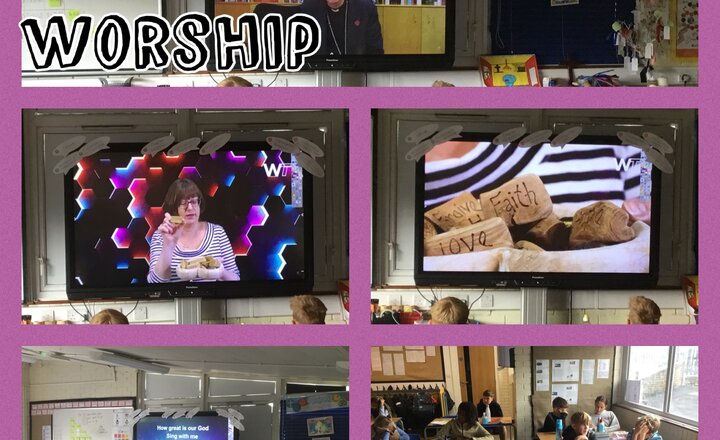
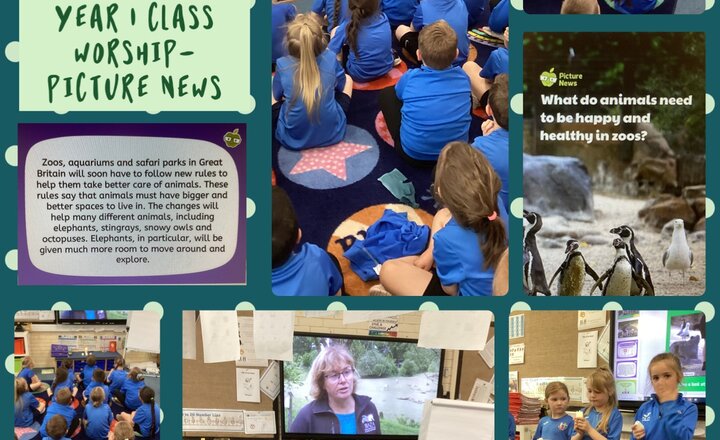
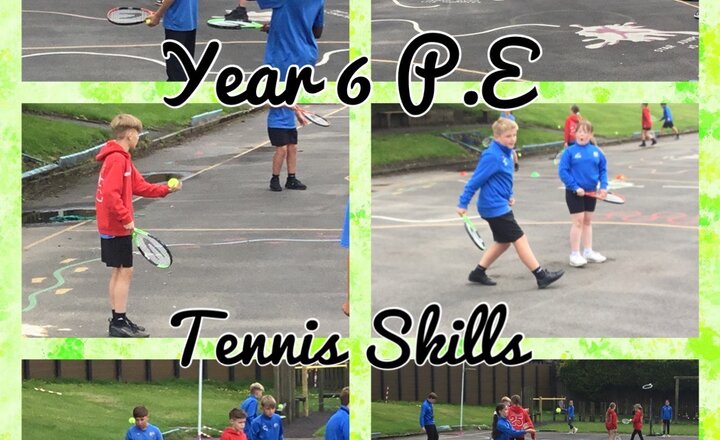
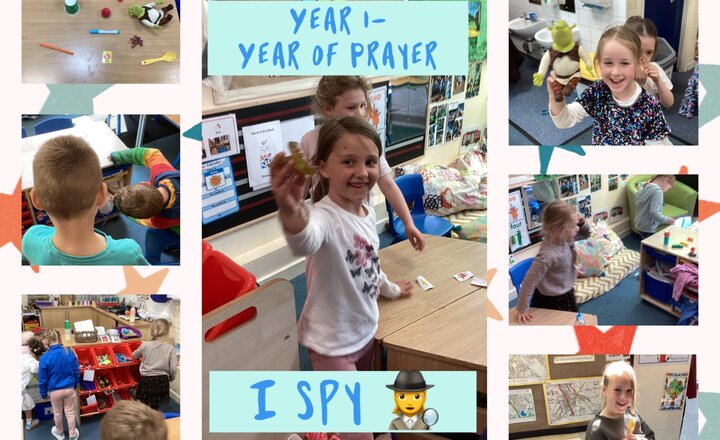
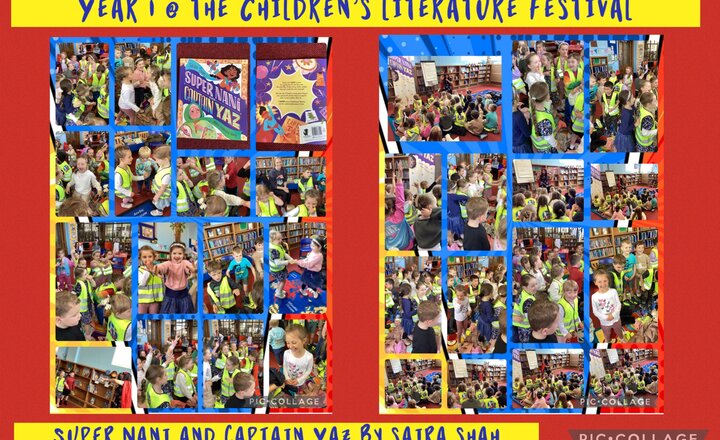
.png)
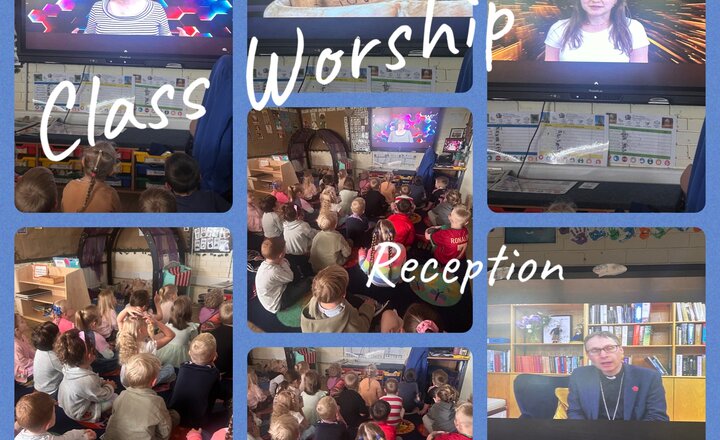
.png)
